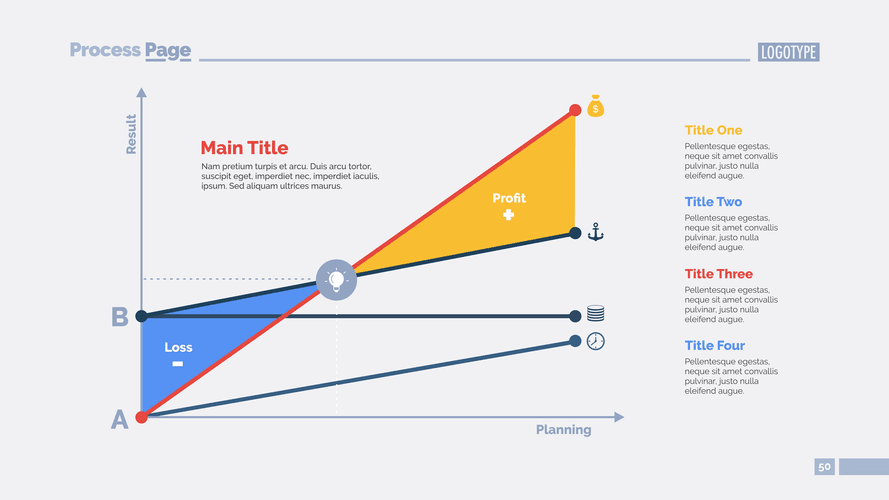
Categorize your expenses to gain a Certified Bookkeeper better understanding of where funds are being allocated. Common expense categories include salaries, utilities, maintenance, office supplies, outreach programs, and ministry-related expenses. By categorizing expenses, you can assess spending patterns and make informed decisions about budget allocation and cost-saving measures. The majority of churches still focus heavily on physical records. This is often easier because many church documents are already in physical form.
- Some of these documents include bank statements, canceled checks and bank reconciliations.
- However, before pitching those older records, make sure you don’t need to keep them for other purposes, such as for state or local taxes, insurance policies, or creditors.
- Additionally, church bookkeeping can help you avoid operational mistakes, such as accidentally misappropriating funds.
- For example, your church may use a $100 tithe to contribute to your operational costs or a specific program, like your children’s ministry.
- This video provides more guidance on how to set up a chart of accounts.
- It is sold with the understanding that the publisher is not engaged in rendering legal, accounting, or other professional service.
Managing Finances with Limited Resources

Financial record-keeping is an important part of running a successful church. Keeping accurate records helps churches monitor their income and expenses, manage their budget, and plan for the future. Churches should also keep records in order to comply with local, state, and federal tax laws. Additionally, churches should set up a budget, track their expenses, and organize their financial documents. Utilizing software or online tools can help churches streamline their financial record-keeping process.

Steps to Create a Comprehensive Church Budget

Churches that don’t have much of a budget may consider training volunteers to handle bookkeeping tasks. You may be able to attract young people hoping to launch an accounting career. Church What is bookkeeping leaders should also set up a system to ensure reports are reviewed monthly, quarterly, or annually.
- Using a church management system or online giving platform tools can simplify this process by automatically creating and storing church financial reports.
- TheLeadPastor.com newsletter is a hub for practical, applicable insights for church leadership and management, gleaned from the ministry and experiences of seasoned pastors.
- In summary, while there is no legal requirement specifying the exact duration for keeping church tithe records, a seven-year retention period is generally recommended.
- It’s also important to research different options and read reviews before making a decision.
- You may be able to attract young people hoping to launch an accounting career.
EVENTS & ENTERTAINING

Some churches have adopted the rule that “if it hasn’t been touched in one year, then throw it out.” None of these rules is either appropriate or desirable. It is possible to keep some records too long—well beyond what is required by law. In some cases this can result in the retention of records that might be harmful in future litigation.
- Software is available in generic and denomination-based formats for most churches.
- As the pen has given way to the computer, organizations need to find a way to print their minutes and keep the minutes on consecutive pages in notebooks or folders.
- Your bank may also need these documents if you ever need financial help.
- Knowing how long to hold onto church financial records depends on the event or action that the record is documenting.
Finally, churches should store financial documents in a secure church accounting location to protect them from theft, loss, or damage. A chart of accounts (COA) is a list of all the accounts a church uses to record their transactions in the general ledger. It helps organization leaders understand the church accounting structure.

To ensure your books are accurate and compliant, outsource the task to a professional who can navigate the complexities of your finances. Especially when using the fund accounting method to organize your finances, your church’s bookkeeping is likely too complex to simply input data into a spreadsheet. Dedicated accounting software can streamline bookkeeping and might even offer budgeting tools to help you plan for the future based on your bookkeeping insights. The Internal Revenue Service (IRS) can audit tax returns for up to seven years after they have been filed.